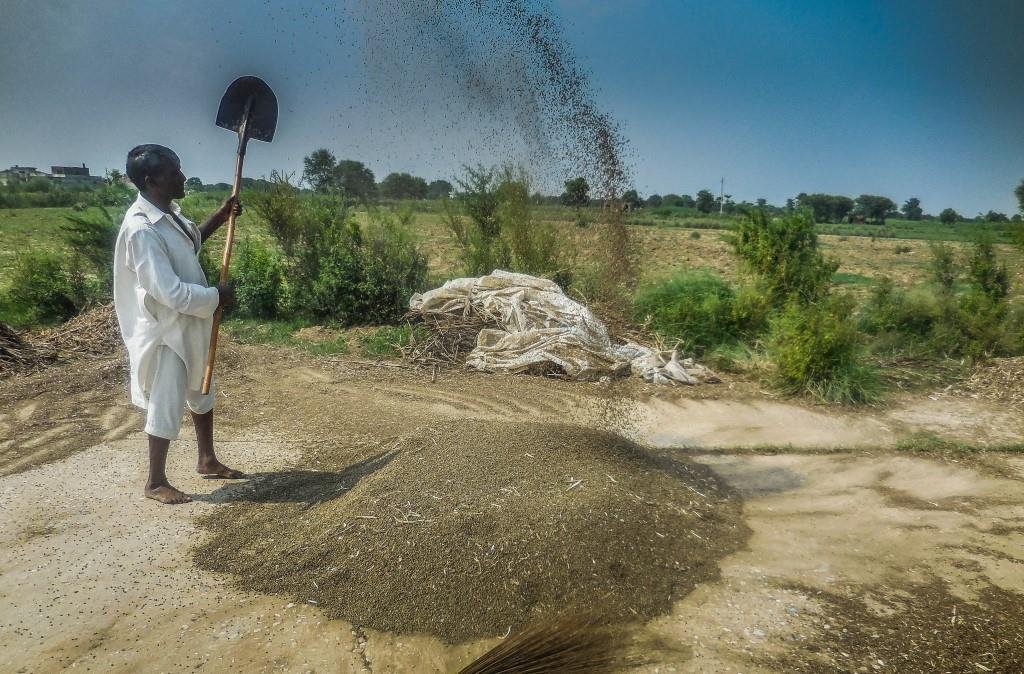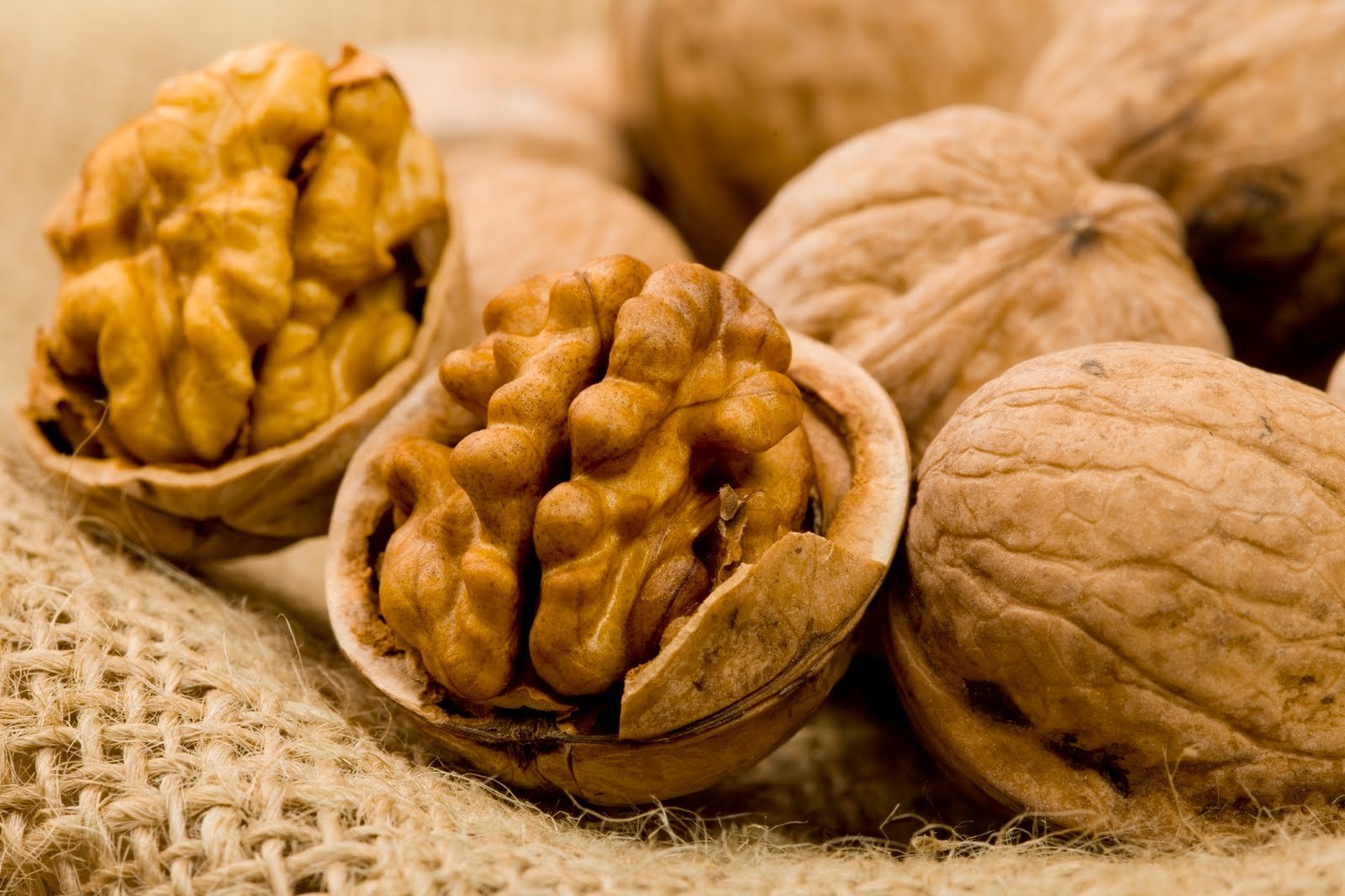By: Mazullah Khan
Pakistan has high potential for vegetable cultivation because of its varied agro-climatic conditions. The diversity of climate allows the cultivation of a wide range of temperate, tropical and subtropical vegetable crops. Nevertheless, this potential has not been exploited due to non-availability of quality vegetable seed at reasonably affordable prices. Most seed requirements are met through imports from abroad.
For exploitation of this potential area, the Agriculture Innovation Programme (AIP)-Pakistan initiated a large scale vegetable seed production programme with the objective to; increase national vegetable seed production and supply at local level.
Five research institutes in public sector, two seed companies/dealers and a seed growers association were selected in the private sector as part of the vegetable value chain activities. In the year 2014-15, value chain implementation was started and 14,446kg seeds were obtained from an area of 15.6 hectares. Out of which, the seed quantities of onion, tomato, chili, okra and peas were 1725, 18, 5140, 3555 and 4008kg respectively. The seeds were packed in nice pouches, cloth and jute bags with USAID/AIP and partner’s brand labels.
In this chain, varieties were selected according to the market choice, consumers’ preferences and regional suitability. In onion; varieties Swat 1, Phulkara, Sariab Red, Chiltan 89 and Nasar Puri while in peas; varieties Climax, Meteor and Peas 2009. Verities in okra included Swat Green, Sabz Pari and Arka Anamika were planted while in tomato; variety Naqeeb, and in chili; variety Dandicut was planted for seed production.
On the basis of a single production and marketing cycle, a simple but comprehensive diagram of the seed value chain was developed, which encompasses all the steps, right from sowing up to marketing. There are fourteen clear and self-explanatory steps in the diagram. Flow has been shown from one stage to another.

Value chains developed for onion, peas and okra seed
The successful completion of this chain cycle right from varietal selection up to marketing was the consequence of regular field visits and bridging strong linkages between producers and seed companies across the country.
Seed marketing was the main hindrance for the growers but they were encouraged to produce more seed. Marketing was started with the plantation of crops. Meetings with seed dealers in the private sector were conducted and they were invited to see the standing crops. The adopted strategy was successful that all the seeds were sold with premium prices. Onion seeds were sold at Rs 2500 to 4500 a kg depending upon the geographical region.
According to Mian Zada, president, Shuga Seed Growers Association, District Bunir in Khyber Pakhtunkhwa farmers of the World Vegetable Center were extremely happy with the prices they got. Pea seeds were sold at Rs 125-150 and okra seeds were sold at Rs 150-250/kg. While whole chili fruits for seed were sold in the open market in Sindh at Rs. 180-200/kg.
Farmer to farmer seed sale was also practiced successfully by Tayyab Ali Shah, a farmer of World Vegetable Center in Tandlianwala, Faisalabad for marketing his seed.

Pea seeds are ready for packing in a 10 kg perforated cloth bag in Gujranwala, Punjab
Capacity building is the integral part of Vegetable Value Chain. A series of crop management and postharvest handling and marketing trainings were imparted to 837 male and female beneficiaries in Gilgit Baltistan, Punjab, Sindh, Khyber Pakhtunkhwa and Baluchistan. Farmers were also trained on packing and pouch sealing.
Dr. Mansab Ali, team Leader, World Vegetable Center-Pakistan said that for escalating seed production in future, the production policy and marketing strategy would further be strengthened and diversified through enhanced linkages between all the stakeholders involved in the vegetable value chain across the country.
The author is Vegetable Seed Specialist and can be reached by his email: mazullah.khan@worldveg.org





